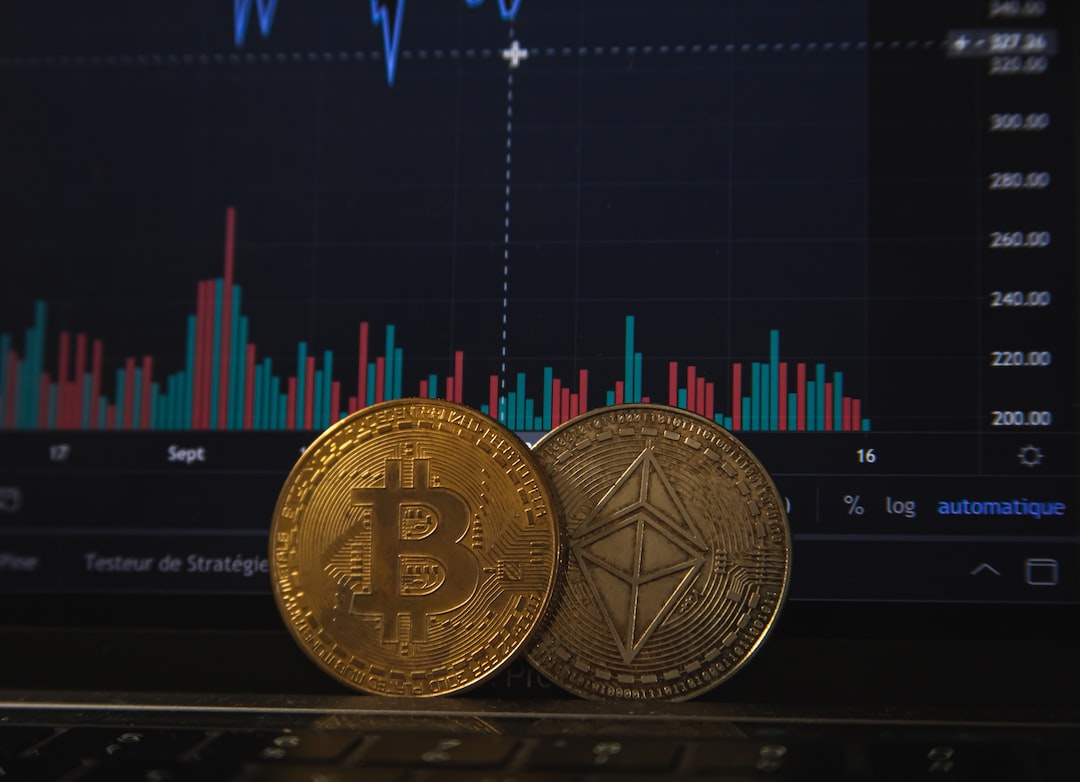JPMorgan CEO Jamie Dimon Cautious About U.S. Economy in 2024 and 2025
JPMorgan Chase CEO Jamie Dimon expressed caution regarding the U.S. economy over the next two years due to a combination of financial and geopolitical risks. In an interview at the World Economic Forum in Davos, Switzerland, Dimon highlighted factors such as Ukraine, terrorist activity in Israel, the Red Sea, and quantitative tightening by the Federal Reserve.
Despite JPMorgan’s record profits and a strong U.S. economy, Dimon has consistently advocated for caution. He believes that the stock market’s recent performance has masked potential risks ahead. While the S&P 500 market index has risen 19% in the past year, Dimon warns against assuming everything is fine due to extensive fiscal and monetary stimulation.
Goldman Sachs CEO David Solomon Concerned About Rising U.S. Debt
Goldman Sachs CEO David Solomon also expressed concerns about soaring U.S. debt levels. While he believes that the market environment excluding geopolitical issues feels better compared to a year ago, he emphasized the need to address the growing debt risk.
Solomon stated that dealing with the debt issue may not happen within the next six months but remains an important long-term challenge. He shares Dimon’s cautious outlook and acknowledges the need for vigilance despite positive market conditions.
Hot Take: Dimon and Solomon’s Warnings Highlight Potential Economic Risks
The cautious stance of JPMorgan CEO Jamie Dimon and Goldman Sachs CEO David Solomon underscores potential risks to the U.S. economy in the coming years. Dimon points out various financial and geopolitical factors that could impact economic stability, while Solomon highlights rising U.S. debt as a significant concern.
Both CEOs urge investors and the public to remain vigilant and not be overly complacent due to recent market gains. Their warnings serve as a reminder that despite current positive conditions, there are underlying risks that need to be carefully monitored and managed to ensure long-term economic stability.





 By
By
 By
By

 By
By

 By
By